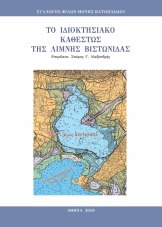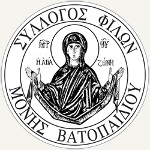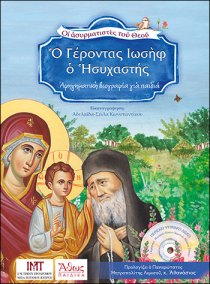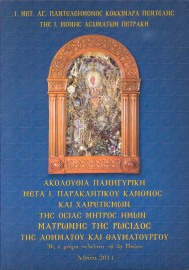5. The Differences between the Trials
Trials (peirasmoi) are so called because they engender experience (peira), since in the unseen war they do indeed afford spiritual knowledge to those who are attentive. Anything is called a trial if it is in opposition to our struggle for faith and true piety while we are pressing on towards submission to God, but they are subdivided into various kinds, according to the understanding of the Fathers. There are the trials of those taking part in the struggle, so that they may make additional gains and progress in their struggle. There are the trials of the slothful and unwilling, to make them beware of things that are harmful and dangerous. There are the trials of those who are drowsy or sleeping, in order to wake them up. Then again there are the trials of those who have distanced themselves and gone astray, to make them draw near to God. Different again are the trials of the righteous and friends of God, so that they may inherit the promise. There are also trials of the perfect, which God permits in order to bring them forward in the Church for the strengthening of the faithful and as an example to be emulated. There is also another kind of trial, again of the perfect, such as those endured by our Lord and the Apostles, who fulfilled the law of communion with the world by taking up the trials which are ours.























































